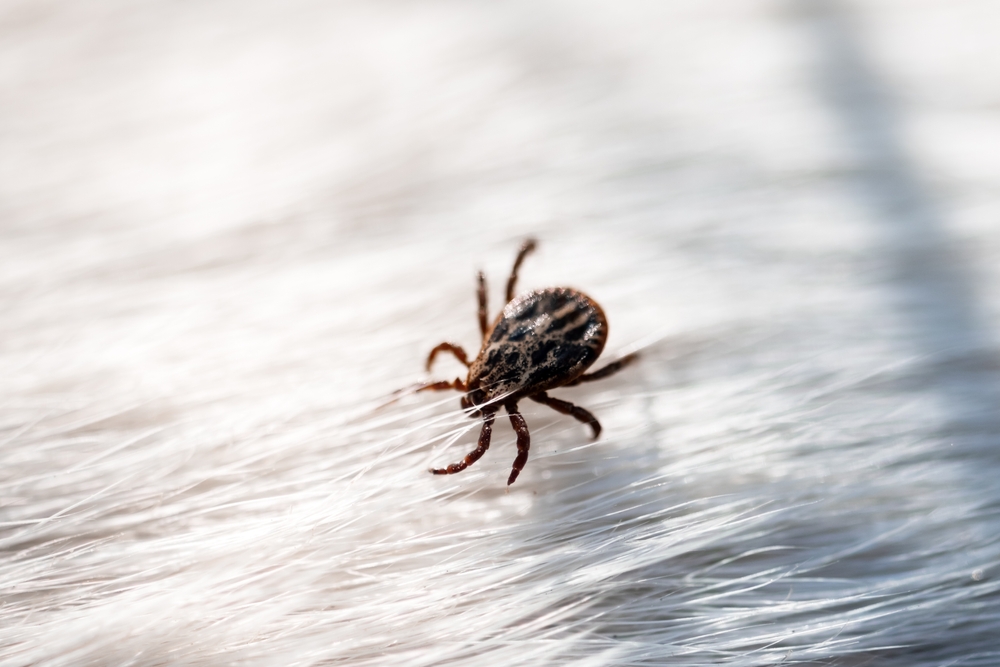Source: Science Daily
A collaborative study by Texas A&M Department of Entomology and the USDA’s Agricultural Research Service has identified genetic markers for sex determination in Rhipicephalus microplus, a tick species that spreads bovine babesiosis (Texas cattle fever). This foundational discovery, led by microbiologist and doctoral researcher Jason Tidwell, could pave the way for innovative genetic control methods to combat cattle fever ticks, which pose a persistent threat to U.S. livestock.
Currently, tick control relies on acaricides, but resistance to these chemicals highlights the need for alternative solutions. Tidwell’s research suggests genetically manipulating tick populations to prevent reproduction, similar to methods used for mosquito control. This approach could also be adapted for other tick-borne diseases, including Lyme disease. The study aligns with the Cattle Fever Tick Eradication Program’s goals, emphasizing sustainable, environmentally friendly solutions. Next steps involve genomic mapping of tick populations in Texas and Mexico to refine genetic control strategies.
Read the full story HERE: https://www.sciencedaily.com/releases/2024/11/241127135402.htm#google_vignette

